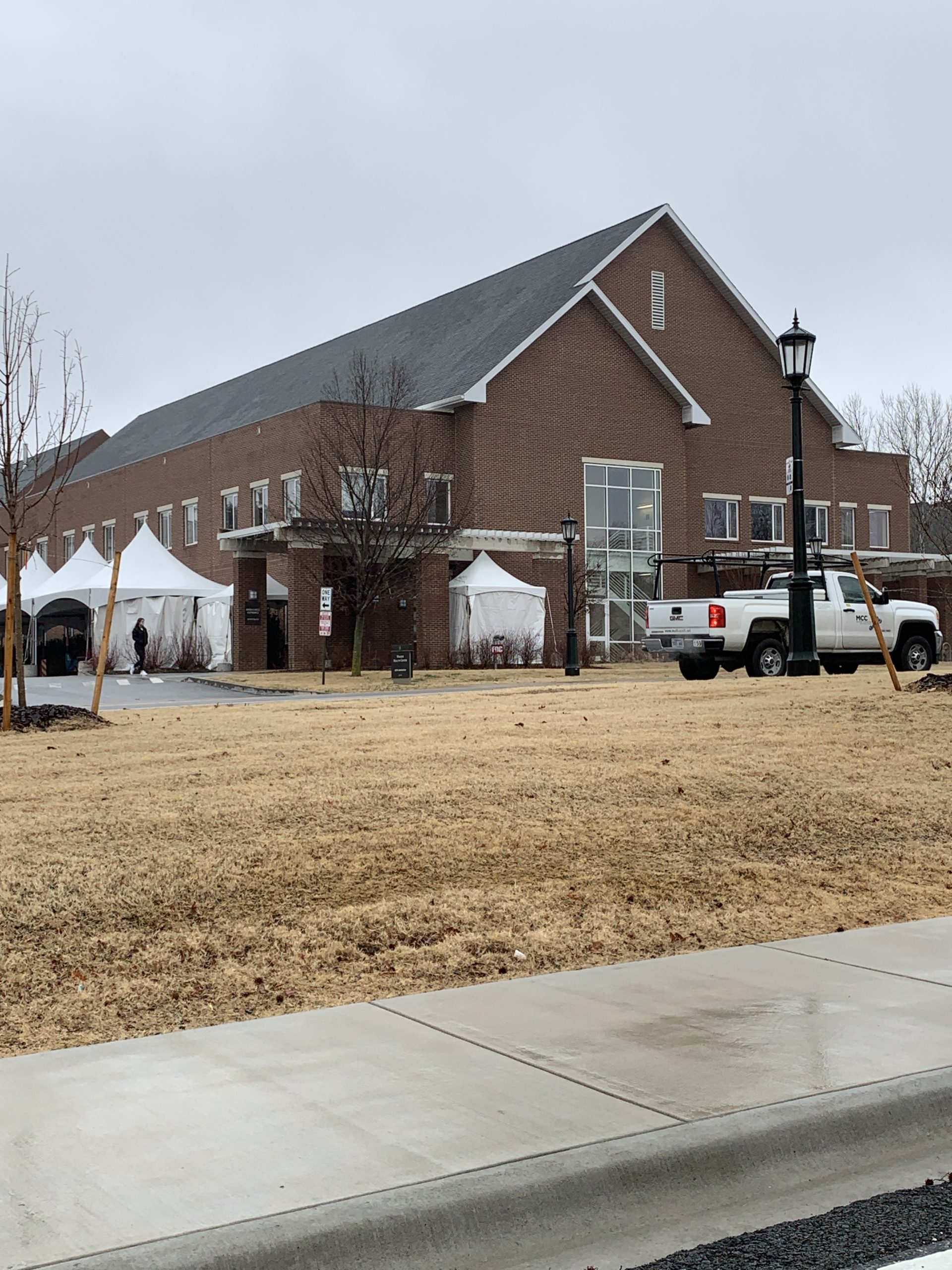By: Jonathan Teal
FAYETTEVILLE, Ark. – Madison King is a junior at the University of Arkansas. She transferred here last year right before the COVID-19 pandemic changed how students live.
King only had one normal semester of college life at the U of A before going home to finish her second semester online.
“Going home halfway through my first year here made it even harder to make friends,” King said.
Day-to-day activities like going to the grocery store became stressful for King because of COVID. She also said school became overwhelming, and she felt like she had no control over anything, which caused more stress.
However, King is not the only student suffering from the consequences of the pandemic. According to the Center for Collegiate Mental Health at Penn State, 33 percent of the 47,797 students surveyed said they needed support due to the pandemic.
These students were also asked what specific parts of their lives were affected by COVID. 65 percent of students said their mental health was negatively affected, and 61 percent said their motivation and focus were negatively affected.
It is because of students like King and the ones in the study that Pat Walker Health Center had to change how they address mental health issues said Zac Brown, the assistant director of communications for the health center.
“We’re changing how students can access the support they need,” Brown said.
King said there’s a certain fear that comes with asking for that support, but Brown thinks the pandemic caused the health center to make that easier on students.
“Requesting for help online makes it a lot easier for students to get past the fear of asking for mental health support,” Brown said.
Brown also said he has seen more students than usual calling in for mental health support. In August, there were 423 mental health clinic visits at the Pat Walker Health Center. Just a month later, there were 718 mental health clinic visits.
Brown said that not all these visits were made because of COVID. He said some were because of student deaths at the U of A, and some visits were made because of anxiety from social injustices in our country.
Brown recognized that mental health issues stemming from COVID, a student death or social injustice anxiety could not be addressed through traditional support.
“How we reach out and engage with students in regard to mental health should not be a one size fits all,” Brown said. “It should be unique, creative, and meet students where they feel most comfortable.”
King said it is that creativity that could draw students towards getting their support from the Pat Walker Health Center. But she also said these services need to be advertised more as a tool for students. She said she doesn’t know how to reach out for their mental health support.
Even with a lack of advertisement, Brown said 146 people signed up for their “Let’s Talk” program, which is a group environment.
It is always a good thing to talk to someone about these issues said King. But she also said time will also help with mental health issues.
“It took time to get used to it and adapt to this new normal,” King said.
It is because of stories like King’s that Brown is in his profession.
“We do this because we actually care about students and enjoy working with students,” Brown said.


